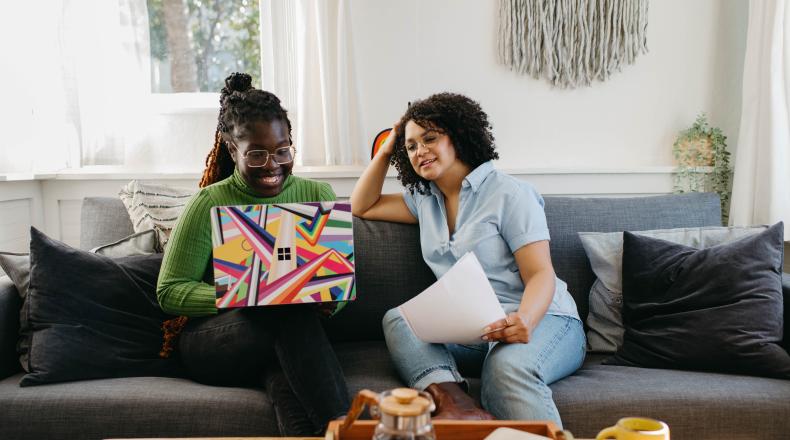Creating Safe Spaces Through Affinity Groups

As AFP continues its work in the inclusion, diversity, equity and access (IDEA) space, one of my priorities is that we create safe spaces for our members.
The concept of safe spaces flows from our IDEA board policy and principles and generally means;
a place or environment in which a person or category of people can feel confident that they will not be exposed to discrimination, criticism, harassment or any other emotional or physical harm.
I want the AFP community to be exactly that—a place where all members can come together and learn, share, question and grow in a welcoming, accepting and thriving environment. A safe space doesn’t mean there are no differences of opinions, but that they’re expressed and discussed in non-judgmental, non-confrontational ways.
We’re looking at every program and service that we offer in the context of IDEA and safe spaces. How are we creating safe spaces so that all individuals feel empowered to speak up during events? This is especially important for our upcoming ICON in Las Vegas May 2 - 4. We’re working to ensure that all attendees feel supported and safe in this manner, whether it’s a networking reception or during one of the educational sessions.
Another way we can create safe spaces is through AFP’s thriving affinity groups. Affinity groups allow various self-identified groups to create communities within AFP both online and in person to network and learn from one another. Affinity groups bring people together who possess a common background, identity or experience. They provide opportunities for members from diverse backgrounds to connect with one another while remaining part of the overall AFP community as a whole.
If you haven’t participated in our affinity groups before, now is a great time. In April, as part of Celebrate Diversity Month, AFP will be holding a series of affinity group meetings, including Black/African American, Asian/Pacific Islander, LGBTQ+, Working Moms, Faith-Based and others.
There’s nothing like being able to interact with people who share common identities with you. It’s that same feeling you get when you’re at AFP ICON, and you’re with thousands of like-minded fundraisers, all committed to ethical, effective and inclusive fundraising.
Affinity groups are especially important when we are in the numerical minority of a community. During affinity group meetings, people can share freely and without inhibition about their experiences. These groups make us feel more visible and more included in our community and in doing so, enhance our commitment to inclusivity.
Even if you don’t identify with a particular affinity group, you can still be an ally. In fact, that’s exactly what being an ally is: not identifying with a group but supporting equal rights and opportunities of people from those groups.
My ultimate goal has been the same from the start: to ensure that every fundraiser—regardless of any particular characteristic, background or experience—has the same opportunities to find success, however they define it. Affinity groups are an important aspect of working towards that goal and help us create a community—whether at AFP ICON, at a chapter meeting, in a webinar or any other interaction with AFP—where all ideas are welcomed and heard and where every fundraiser feels safe and empowered.

